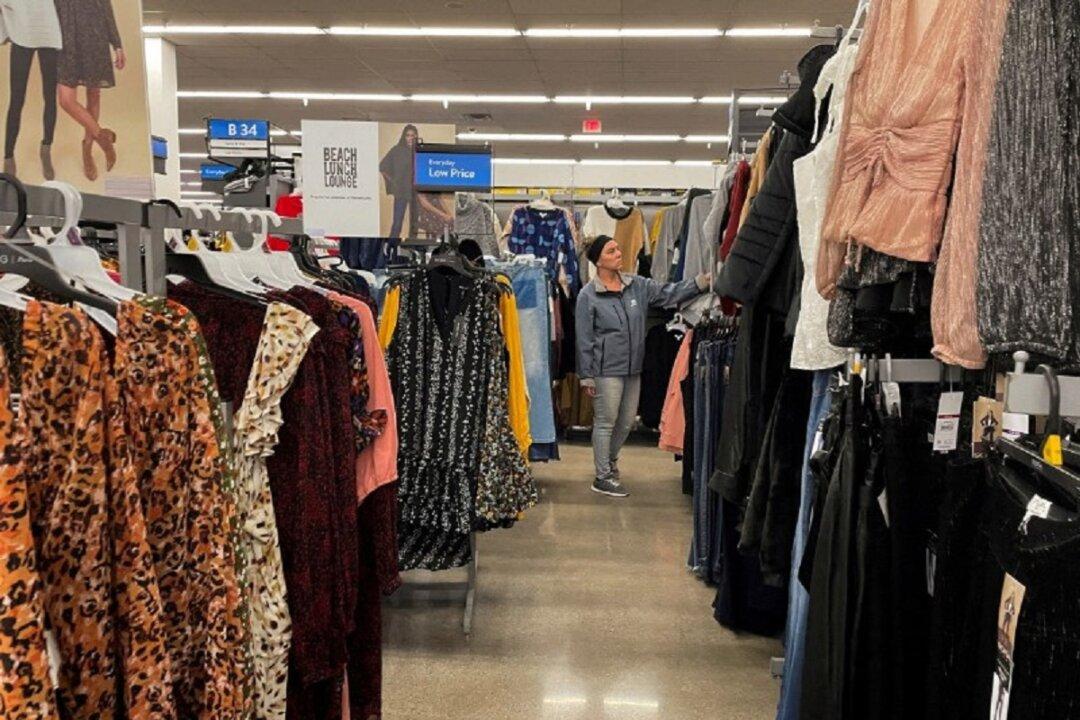WASHINGTON—U.S. retail sales increased more than expected in July as Americans boosted online purchases and dined out more, suggesting the economy continued to expand early in the third quarter and keeping a recession at bay.
Retail sales jumped 0.7 percent last month, the Commerce Department said on Tuesday. Data for June was revised higher to show sales rising 0.3 percent instead of the previously reported 0.2 percent.





